In the ever-changing world of healthy eating, sugar continues to be seen as a common enemy. Even though we know it’s bad for our health, we still want its sweetness. At this point, searching for natural options that don’t make you feel bad strengthens. Here comes monk fruit, a small but strong competitor in the sugar world.
Explore the exciting world of monk fruit on this blog, from its use as medicine in the past to its use in modern kitchens. We’ll talk about what makes it unique, how it compares to sugar and other sweets, and how it can help your health.
Exploring the Health Benefits of Monk Fruit
There’s more to monk fruit than just how delicious it is. New research says that this one-of-a-kind fruit may be good for your health in several ways:
1. Zero Calories and Low Glycemic Index:
Unlike sugar and many fake sweeteners, monk fruit has no calories and doesn’t affect blood sugar much. This makes it an excellent choice for people who are watching their weight, blood sugar, or diabetes. Keeping your blood sugar steady can help you avoid energy drops and cravings for sweets.
2. Antioxidant Powerhouse:
Monk fruit contains antioxidants, especially mogrosides, which can help fight inflammation and maybe even cancer. Protecting the body from oxidative stress and improving general health, these antioxidants help fight free radicals.
3. Safe and Natural:
Monk fruit sweetener is a natural alternative to artificial sweeteners with a bad image for leaving a bad taste in your mouth. It has no additives or preservatives that could be dangerous, so it’s a clean and safe choice for people who want natural sweeteners.
4. Possible Digestive Benefits:
Some research studies show that mogrosides in monk fruit might help good bacteria grow in the gut, which could lead to better gut health.
Many more studies need to be done before we can fully understand the long-term health effects of monk fruit. But what we know so far is that this natural sugar seems like a good idea.
Monk Fruit vs. The Sweetener Showdown: How Does It Compare?
Considering all the different sweets out there, how does monk fruit compare? Let’s look at what makes it different from sugar and other famous choices:
1. Sugar:
Sugar is a standard sweetener with sweetness and calories. It can mess up blood sugar levels because it has a high glycemic index, which can cause energy drops and cravings. Sugar is easy to find and well-known, but it doesn’t have the health benefits of monk fruit.
2. Artificial Sweeteners:
It give you a lot of sweetness with almost no calories. However, some artificial sweeteners may be bad for your health, and the smell they leave behind can be unpleasant.
3. Other Natural Sweeteners:
Stevia and erythritol are natural sweeteners that are also good for you. But stevia can leave a bitter taste in your mouth, and erythritol may hurt some people’s stomachs.
Monk fruit is a natural sugar that stands out because it has no calories, a low glycemic index, and might even be good for your health. It might need some tweaking to get the right level of sweetness at first, but its clean taste and versatility make it a great option.
Unleashing the Sweetness: Using Monk Fruit in Your Kitchen
You are now ready to use monk fruit in your cooking. Here are some essential tips:
1. Knowing the Power of Sweeteners:
You’ll need to use less sugar because monk fruit is much better than sugar. Start with a quarter to a third of the sugar the recipe calls for and change it based on your taste.
2. Types of Monk Fruit:
This sweetener comes in different forms, such as liquid drops, granulated powder, and concentrated mixes. Pick the form that works best for your recipe. Liquid drops work best for drinks, while granulated drops are great for baking and cooking.
3. Mixing and Matching:
Some monk fruit sweeteners you can buy are combined with other ingredients, like erythritol, to make them more evenly sweet and easy to measure.
4. Heat Stability:
Monk fruit syrup works well in baking and cooking, but it might lose some of its sweetness if exposed to very high heat for a long time. You might want to change the amount or try using different forms for recipes that use a lot of heat.
Sweet Inspiration: Monk Fruit Recipe Ideas
Now that you know about monk fruit, let’s look at some tasty recipes that use it in the best way:
1. Breakfast Bliss:
Enjoy a sweet start to your day with monk fruit-sweetened yogurt parfaits topped with berries and nuts. Instead of sugar, try monk fruit-infused maple syrup for breakfast in the morning. It will add a touch of decadence.
2. Baking Delights:
Use monk fruit sweetener in the batter to make fluffy pancakes or waffles. You can use monk fruit to make sugar-free cookies, cakes, and muffins that still taste and feel great.
3. Beverage Bonanza:
Add monk fruit drops to your favorite drinks to make them taste better. It tastes great in coffee, iced tea, lemonade, and even shakes you make yourself.
4. Marinades and Sauces:
Use monk fruit sweetener minimally in marinades and sauces to add a little sweetness without adding sugar. You can also make a low-sugar barbecue sauce with monk fruit flavoring as a base.
5. Fruity Delights:
Monk fruit sweetener can bring out the natural sweetness of fresh or frozen fruit in jams, jellies, or compotes you make yourself.
The Bottom Line
It’s interesting that monk fruit could be used instead of regular sugars. Because it is naturally sweet, it may be good for you, and you can use it in many different ways; it is an essential part of a healthy and enjoyable lifestyle. Because of this, you should enjoy the sweetness of monk fruit and look into ways you can indulge without feeling bad about the food you cook.



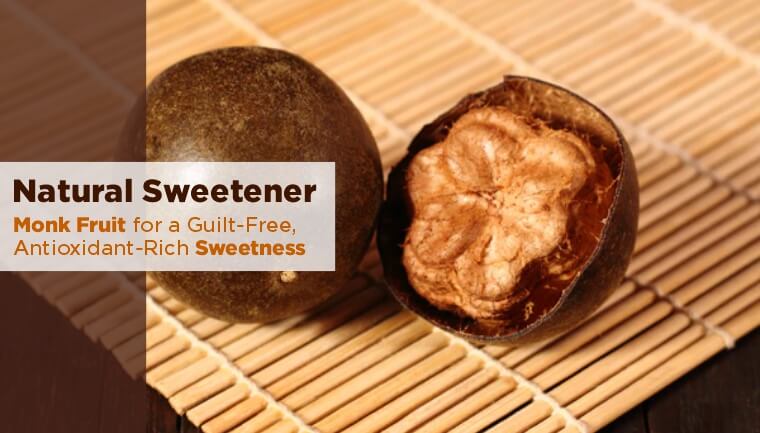

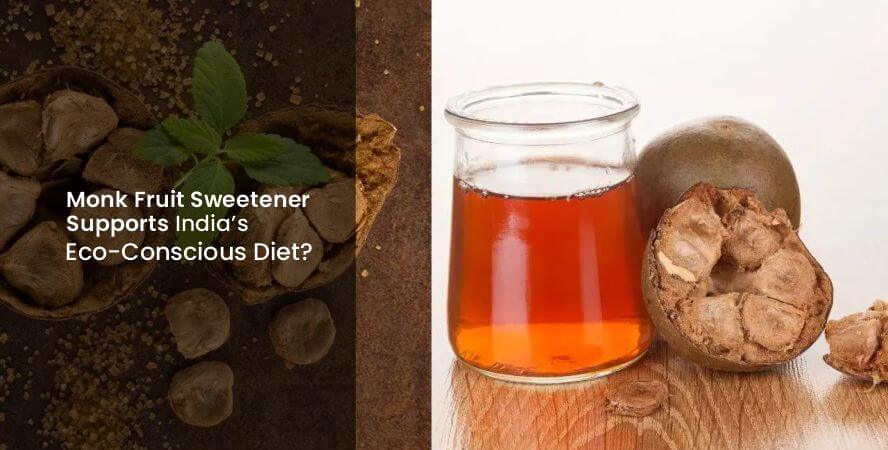
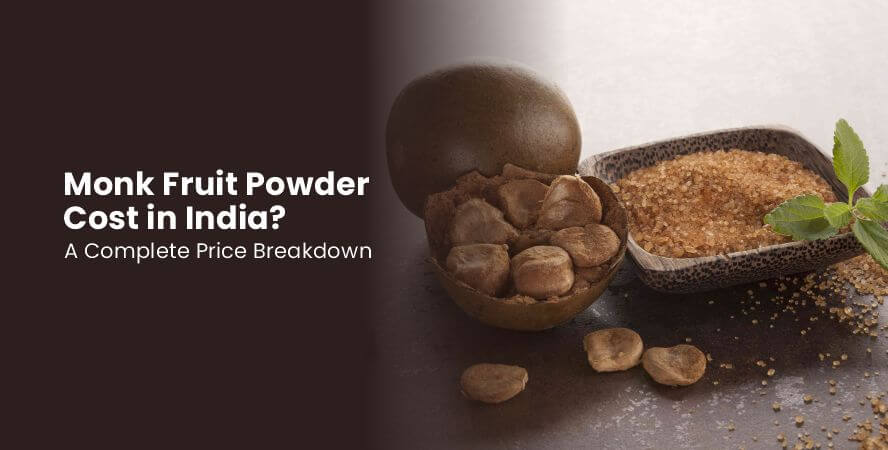
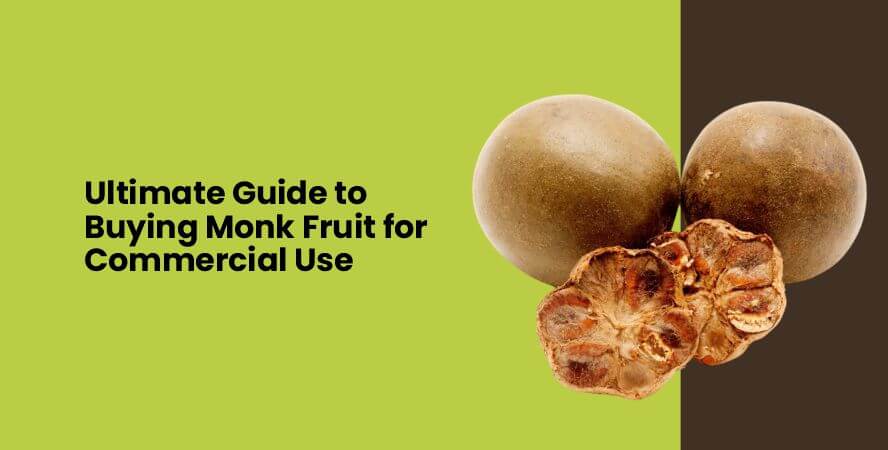
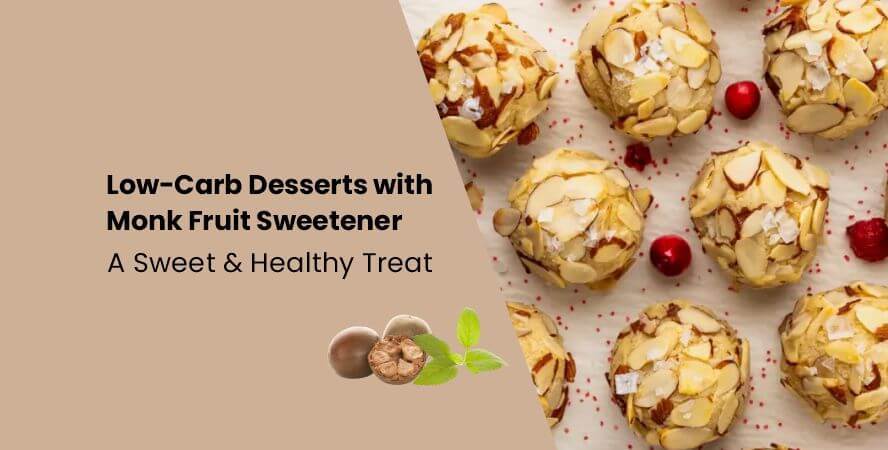
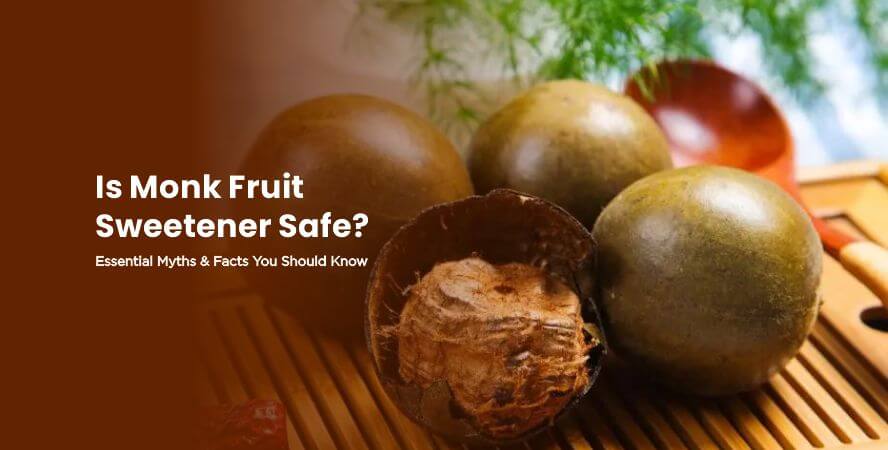
Leave a Reply